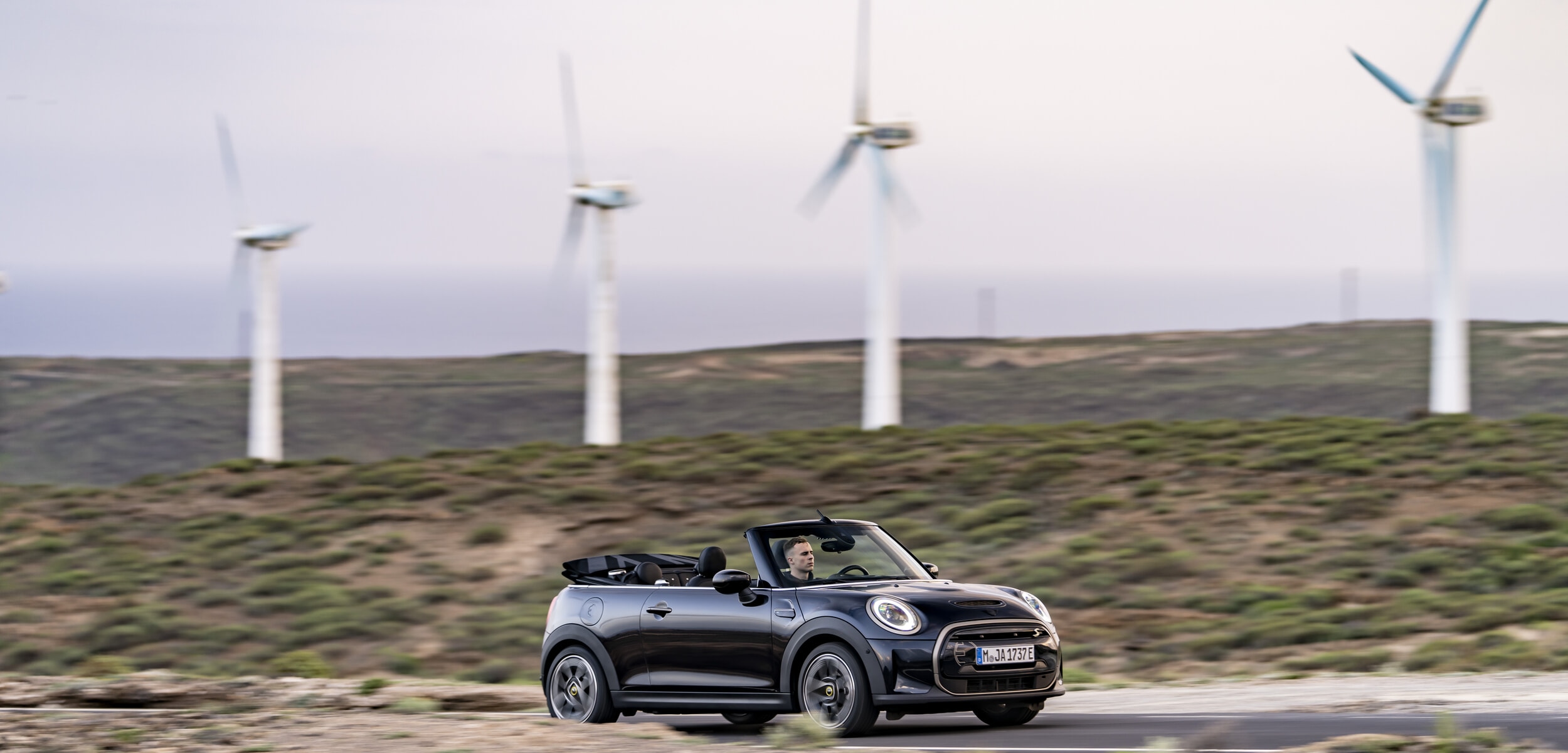
Car manufacturers are adapting their business models to meet the rising demand for high-quality electric vehicles (EVs), and one key challenge they face is sustainably processing their battery packs when these reach end of life. BMW Group is putting sustainability at the centre of its strategic direction: across all divisions – from administration and purchasing to development and production, all the way to sales and marketing.
Working towards circularity
Every EV battery is built using a range of valuable metals including lithium, nickel and cobalt – materials which will be crucial in the green economy of the future. The RECOVAS team are working with EMR, Autocraft Solutions, Connected Energy and the University of Warwick and BMW Group to create an innovative new circular supply chain for these batteries, which will safeguard the valuable materials they contain.
Collaborative working
The RECOVAS project - which is parted funded by the UK Government’s Advanced Propulsion Centre - is being supported by BMW in a number of ways. This includes supplying end-of-life EV batteries to the engineers and research teams tasked with developing the state-of-the-art technology required to assess, separate and process them. It ensures that BMW’s high-performance EV batteries can be re-used or remanufactured, where possible, and otherwise sustainably recycled.
The RECOVAS project helps these partners better understand how modern EV batteries are built and, therefore, how they can be most efficiently tested, dismantled and recycled. This partnership is a great example of the expertise and innovation that is available here in the UK at every level, both in industry and academia.
Planning for the future
The ultimate goal of the RECOVAS project is to create the world’s first industrial-scale supply chain for end-of-life EV batteries. By focusing on what happens at the end of a vehicle’s life, it is also helps car manufacturers plan for the future and gain insights which can improve the design and manufacture of its cars. Customers will benefit by ensuring that the value which exists in EV batteries is protected and the resources they contain are safeguarded. As EVs are rolled out more widely in the UK, projects such as RECOVAS could help make this essential technology affordable for more drivers.